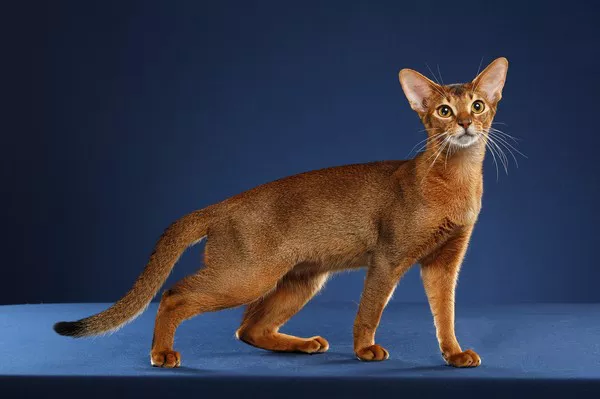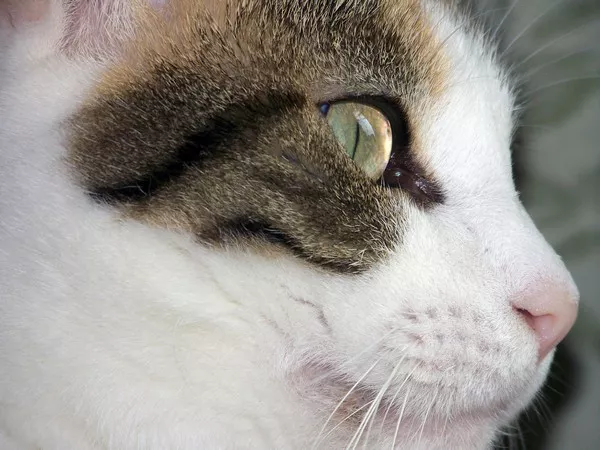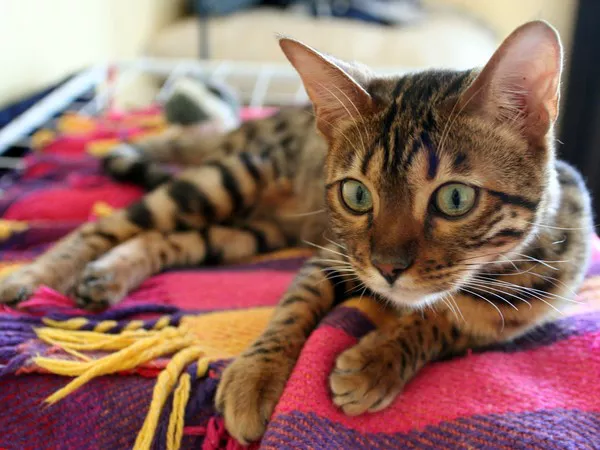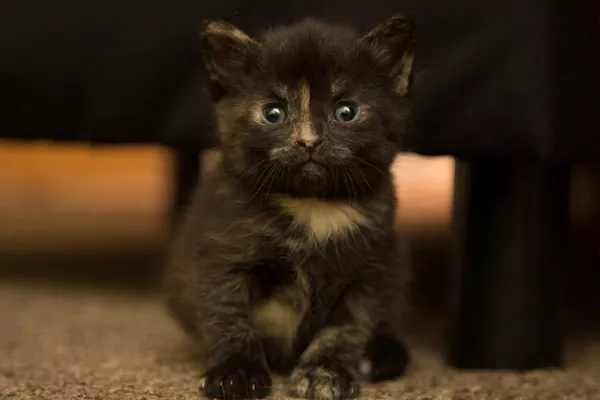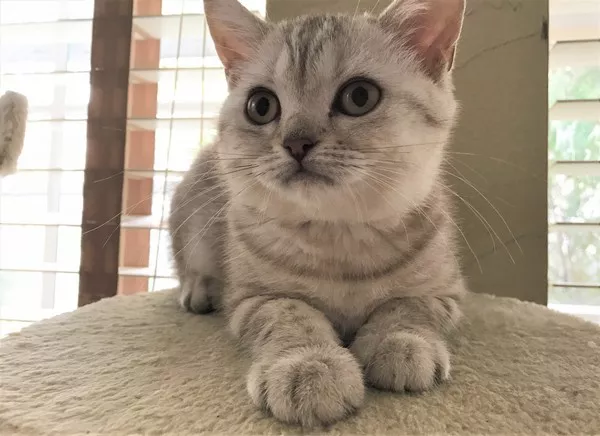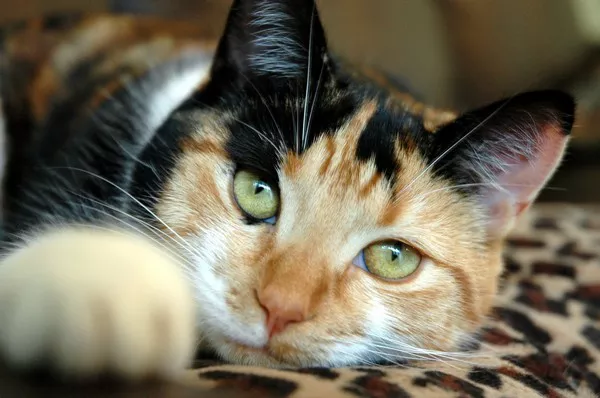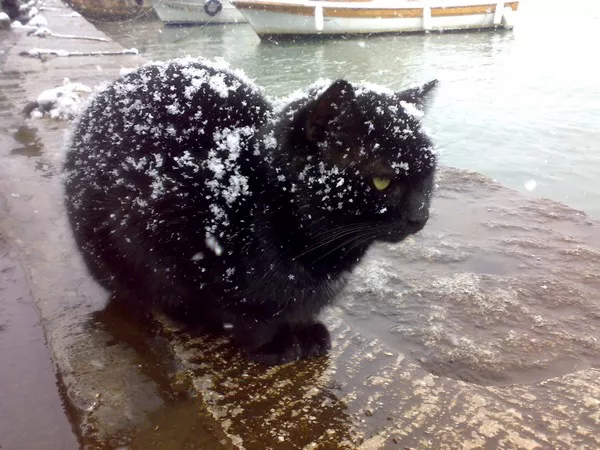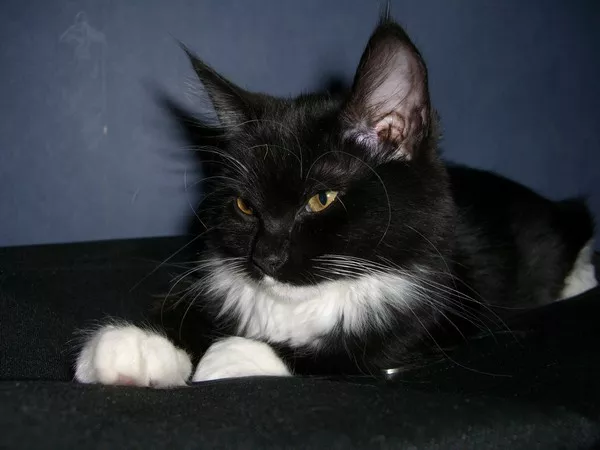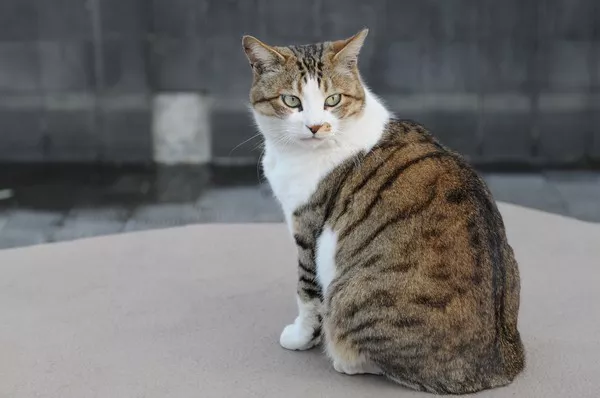Abyssinian cats are known for their unique appearance, playful nature, and affectionate demeanor. As a cat owner or potential adopter, one common question that may arise is whether Abyssinian cats enjoy being held. While every cat has its own personality and preferences, understanding the general tendencies of this particular breed can help provide insights into their desire for physical contact. In this article, we will delve into the characteristics of Abyssinian cats and explore whether they typically enjoy being held by their owners.
1. Understanding the Abyssinian Cat:
The Abyssinian cat, also known as the Aby, is an ancient breed that originated in Egypt. These medium-sized cats have a striking appearance with a short, ticked coat that comes in various colors like ruddy, red, blue, and fawn. Their expressive almond-shaped eyes and muscular bodies make them quite appealing to cat enthusiasts.
2. Social Nature of Abyssinian Cats:
Abyssinians are highly social cats that thrive on human companionship. They are known for their loyalty and affectionate behavior towards their owners. Unlike some other cat breeds, Abyssinians often enjoy being part of their owners’ daily activities and seek opportunities for interaction and engagement. Their curious and playful nature contributes to their desire for human interaction.
3. Individual Personality Traits:
While Abyssinians generally have a friendly and sociable disposition, it’s important to remember that each cat is unique and may have varying preferences when it comes to physical contact. Some Abyssinians may be more inclined to seek out cuddles and lap time, while others may prefer a more independent approach. This variability is influenced by factors such as upbringing, early socialization, and individual temperament.
4. Early Socialization:
The way a cat is raised and socialized during its early stages of life can significantly impact its behavior and attitude towards physical contact. Adequate socialization from a young age is crucial to ensure that Abyssinians develop positive associations with being held and handled. Kittens that have been exposed to gentle handling and positive experiences are more likely to enjoy human touch as they grow older.
5. Bonding Opportunities:
Establishing a strong bond with your Abyssinian cat is essential to gauge their comfort level with being held. Spending quality time together, engaging in interactive play sessions, and providing positive reinforcement through treats or praise can help build trust and strengthen the bond between owner and cat. Understanding your Abyssinian’s body language and respecting their boundaries is key to creating a safe and enjoyable environment for both of you.
6. Body Language and Comfort Signals:
Abyssinians, like all cats, communicate through body language. Observing their cues can provide valuable insights into their comfort levels. Signs that indicate an Abyssinian may be open to being held include purring, relaxed body posture, kneading, and seeking physical proximity. Conversely, signs of discomfort or dislike may include flattened ears, low growling, hissing, attempts to escape, or aggressive behavior. It’s crucial to respect these signals and avoid forcing physical contact if the cat is not receptive.
7. Gradual Introduction to Being Held:
For Abyssinians that are not initially comfortable with being held, it’s important to introduce this form of physical contact gradually. Start by allowing the cat to approach you on their terms, rewarding them with treats or gentle strokes when they display positive behavior. Avoid sudden or forceful attempts to pick up the cat, as this can create anxiety or fear. Instead, let the cat become accustomed to being touched and gradually progress to holding them for short periods.
8. Providing a Secure Environment:
Creating a secure and comfortable environment for your Abyssinian cat can foster a positive attitude towards being held. Ensure they have access to cozy hiding spots, scratching posts, and vertical spaces to climb. A calm and peaceful home atmosphere, free from excessive noise or stressors, can help your Abyssinian feel safe and more willing to engage in physical contact.
9. Other Factors to Consider:
While it’s essential to understand the general tendencies of Abyssinians, it’s crucial to remember that individual preferences may vary. Some cats simply do not enjoy being held, regardless of breed. Additionally, older Abyssinians may become less inclined to be held due to age-related factors such as joint stiffness or discomfort. Always consider any underlying medical conditions that may affect their comfort level.
Conclusion:
Abyssinian cats are generally sociable and affectionate pets that thrive on human interaction. While each cat has its own unique personality and preferences, many Abyssinians enjoy being held by their owners when approached with respect and sensitivity. Adequate socialization, establishing a strong bond, and paying attention to their body language are key elements in determining an Abyssinian’s comfort level with physical contact.

